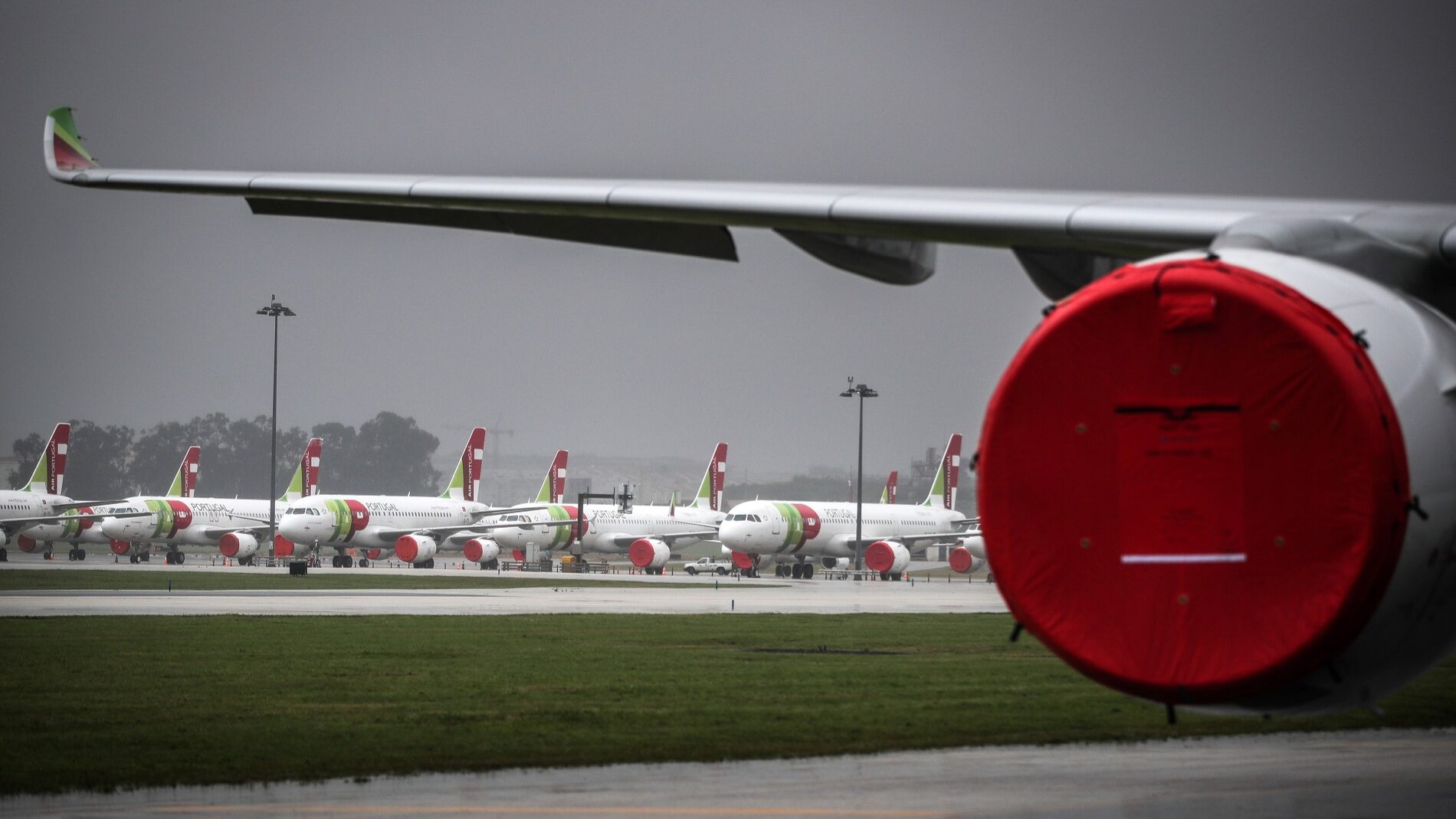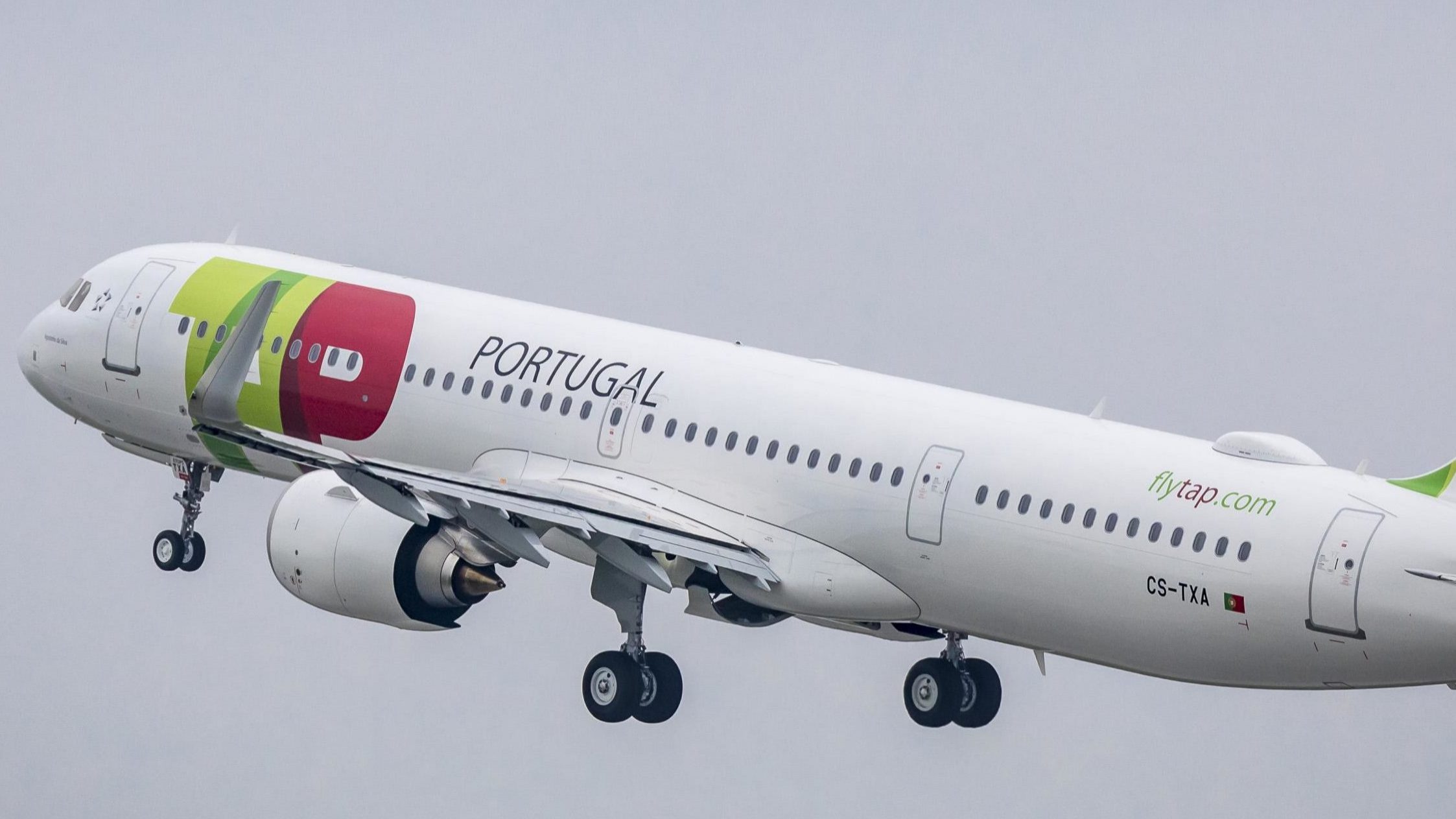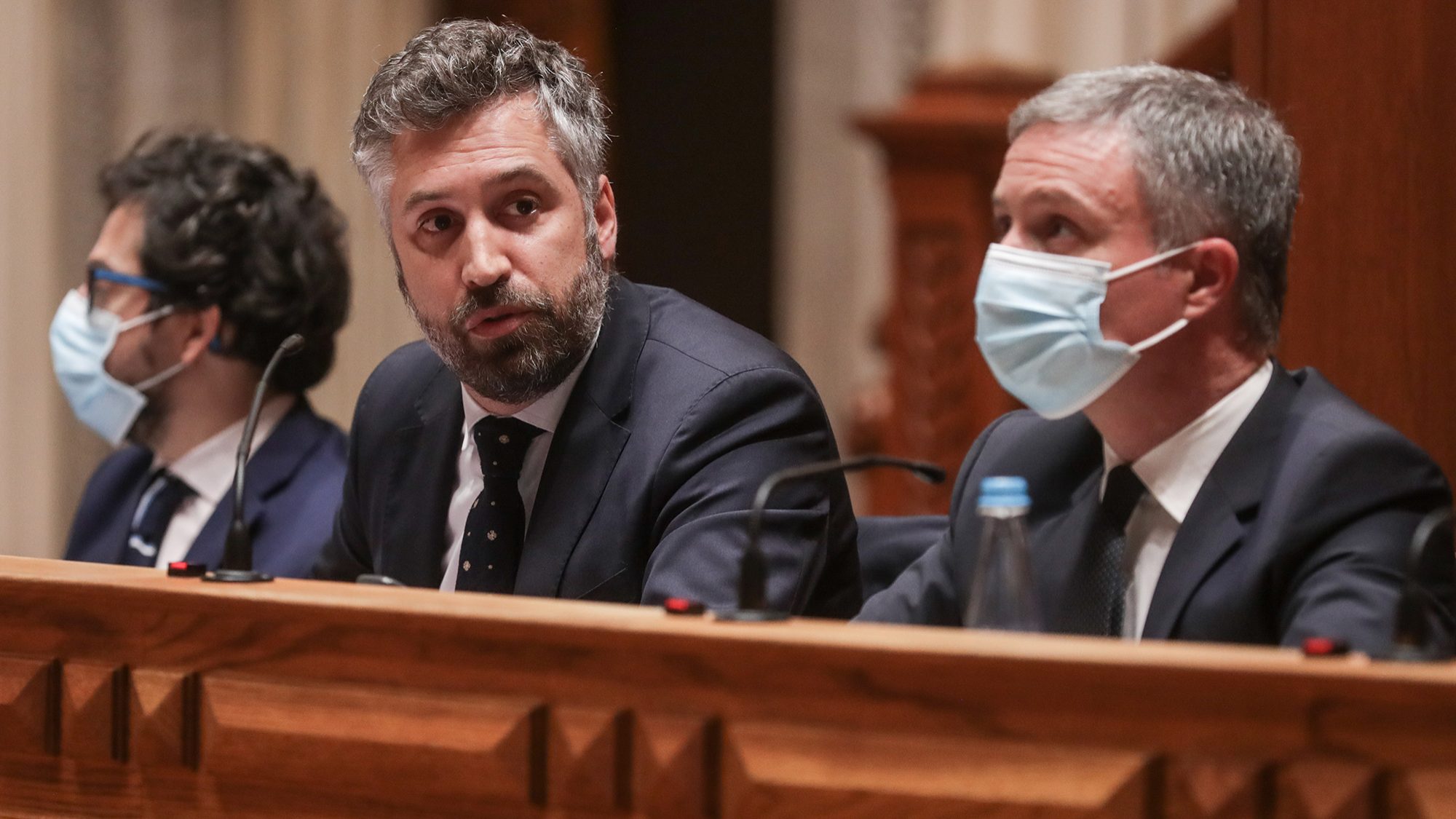TAP sees €202.1M H1 losses compared to €493.1M YoY
In the statement, published at the Portuguese Securities Market Commission (CMVM), TAP said that "net profit is clearly negative, but continues to recover in recent quarters."
TAP S.A., Portugal’s state-owned flag-carrier airline, said in a statement on Tuesday that its losses had fallen in the first half of this year to €202.1 million, compared to a loss of €493.1 million in the same period last year.
In the statement, published at the Portuguese Securities Market Commission (CMVM), TAP said that “net profit is clearly negative, but continues to recover in recent quarters.”
In the second quarter, the airline recorded a 37.2% reduction in losses, to a negative result of €80.4 million, compared to €128.1 million in the same period of the previous year.
TAP’s CEO, Christine Ourmières-Widener, stressed in the statement that “the second quarter saw very healthy demand and higher revenues per passenger,” which offset the increase in costs.
Nevertheless, she noted that “the context remains difficult and the demand outlook for the fourth quarter and next year remains uncertain,” stressing that “the implementation of the restructuring plan remains fundamental”.
In this context, the number of passengers carried quadrupled in the second quarter compared to the same period of 2021, reaching 82% of the levels of the second quarter of 2019. Additionally, during this period, TAP operated more than double the number of flights than in the second quarter of 2021, or 81% of the departures of the same period of 2019.
The statement said that non-recurring items had a positive impact of €18.5 million “related to a release of provisions and also due to a reduced cost estimate for litigation and settlement risks related to the closure of M&E Brazil (TAP’s maintenance company in Brazil).”
TAP also revealed that operating revenues were almost four times higher than in Q2 2021, increasing by €597.4 million to €830.6 million, representing 99% of operating revenues in Q2 2019.
“This was predominantly driven by fare increases and higher capacity, resulting in an increase in passenger segment revenues by €586.4 million vs. Q2 2021, to €740 million,” the carrier pointed out.
In turn, the cargo and maintenance segments “contributed to the increase in revenues with €7.8 million and €7.3 million, respectively”, with the Maintenance area ending the second quarter with revenues of €18 million, up 76.9% on the same quarter of the previous year, while revenues in the Cargo area amounted to €67.4 million, up 12.2% year-on-year.
As for recurring operating costs, they were €782.7 million, increasing 92.5% compared to the second quarter of 2021, reflecting “the higher level of activity, given an increase in ASK [seat-kilometres] of 166.5% during this period”, the airline pointed out.
On the other hand, compared to the same period of 2019, recurring operating costs were 4.1% lower, “despite an increase in fuel cost of €71.6 million”.
In the second quarter, fuel costs increased by €217.5 million year-on-year to €277 million, close to five times the figure for the second quarter of 2021.
Still, there was a positive from ‘hedging’ of €54.5 million, which partially offset the sharp increase in the market price of aircraft fuel (‘jet fuel’) observed during the quarter.
The balance sheet showed a “strong cash and cash equivalents position of €889.9 million at the end of the quarter”, TAP pointed out. Liquidity levels increased compared to both the fourth quarter of 2021 and the first quarter of 2022.
“The cash position at 30 June 2022 was more than 1.5 times higher than at the same date in 2021, reflecting an increase of €347 million,” the carrier noted, signalling that “the €990 million contribution approved by the European Commission in TAP’s restructuring plan is still pending and is expected to be executed by the end of the year.”
In an analysis of the first half, revenues reached €1.321.2 billion, an increase of 245% compared to the first half of the previous year. Along with the higher level of activity (ASK increased by 217%), operating costs also recorded a significant increase of 73% to €1.316.8 billion, leading to a positive earnings before interest and taxes (EBIT) of €4.4 million, which represents a year-on-year increase of €381.7 million.
Recurring EBIT, excluding negative non-recurring items of €3 million, was also positive by €1.4 million.
“Net interest and unfavourable exchange rate developments, particularly in the second quarter, led to a negative net result of €202.1 million, still €291.1 million better than in the same half of 2021,” TAP stressed.
According to the minister of infrastructure and housing, Pedro Nuno Santos, TAP’s restructuring plan envisages a €54 million loss this year and reaching profit in 2025.
TAP closed 2021 with a loss of almost €1.6 billion, despite the increase in the number of passengers carried and revenue compared to the previous year.


